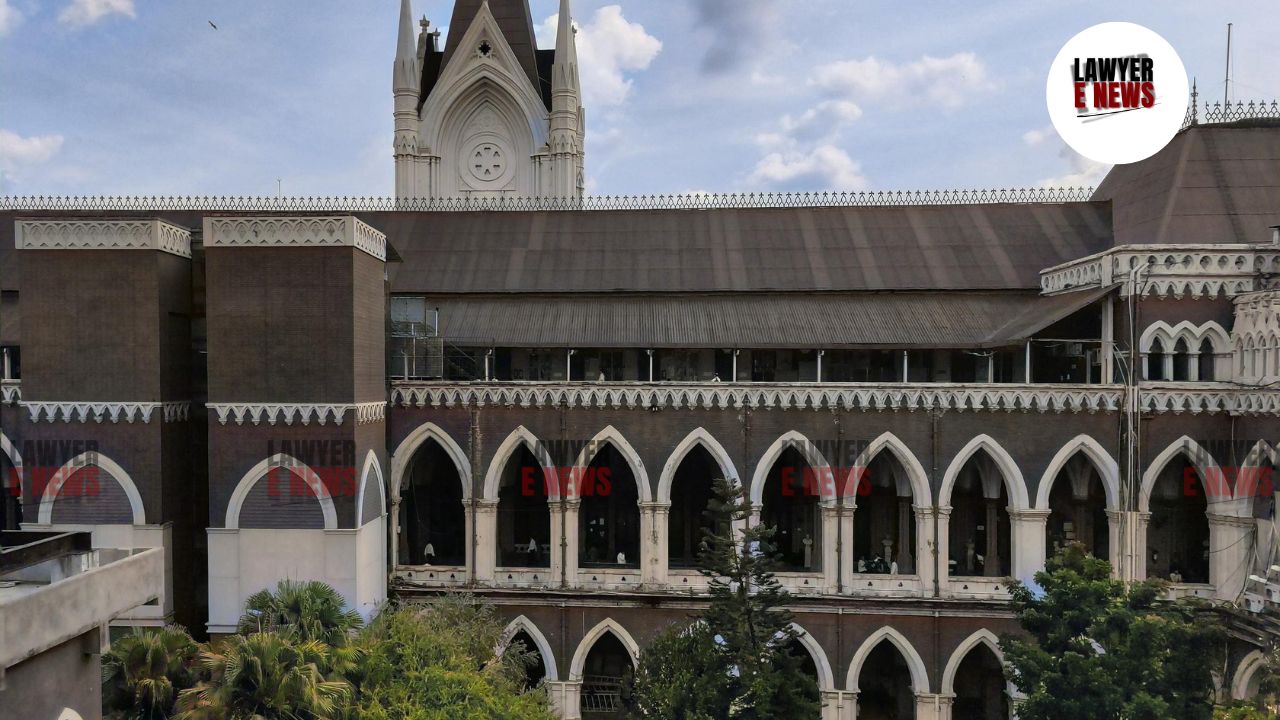-
by Admin
15 February 2026 5:35 AM



Prima facie case and grave suspicion against Gurung justify proceeding to trial,” rules Justice Subhendu Samanta. The High Court at Calcutta has overturned the order of the Chief Judge of the City Sessions Court, which had discharged Bimal Gurung in the murder case of Madan Tamang, the president of the All India Gorkha League (AIGL). The ruling emphasizes the sufficient grounds and grave suspicion for trial based on witness testimonies and other evidence presented.
The case centers on the broad daylight murder of Madan Tamang on May 21, 2010, in Darjeeling. Initially investigated by the Darjeeling Police and subsequently by the CID West Bengal, the case was later handed over to the Central Bureau of Investigation (CBI) following a petition by Bharati Tamang, the widow of the deceased. The CBI’s investigation led to charges against several individuals, including Bimal Gurung, a prominent political leader and then-president of the Gorkha Janamukti Morcha (GJMM).
The High Court highlighted the consistent accounts from multiple witnesses implicating Bimal Gurung in the conspiracy to murder Madan Tamang. Statements from key witnesses, including Prem Tamang, Mohan Sharma, and others, revealed threats and meetings where Gurung allegedly planned the murder.
Justice Subhendu Samanta noted, “The witnesses consistently mentioned Bimal Gurung’s involvement in the conspiracy, and their statements corroborated each other, indicating a concerted effort led by Gurung to eliminate Madan Tamang.”
Justice Samanta criticized the Chief Judge’s earlier decision for failing to consider the totality of evidence. He emphasized the need for detailed judicial analysis at the discharge stage, stating, “The role of the trial judge is not merely to act as a post office for the prosecution but to apply judicial mind in sifting and weighing the evidence to determine if a prima facie case exists.”
The judgment referenced several precedents, including Union of India v. Prafulla Kumar Samal and Sajjan Kumar v. CBI, to underline the principles of evaluating evidence. The court reiterated that if the evidence, even if fully accepted, can lead to a conviction, the trial must proceed.
Justice Samanta remarked, “The materials presented disclose grave suspicion against Gurung, and the absence of call detail records does not negate the substantial evidence of his involvement in the conspiracy.”
The High Court’s decision to set aside the discharge order and mandate a trial for Bimal Gurung, along with other accused, underscores the judiciary’s commitment to ensuring accountability in high-profile criminal cases. This ruling reinforces the legal framework for addressing political violence and criminal conspiracy.
The case will now proceed to trial, with the trial court directed to frame charges against Bimal Gurung and the other accused individuals. The High Court’s judgment is expected to have significant implications for future cases involving political figures and allegations of criminal conspiracy.
Date of Decision: June 13, 2024
